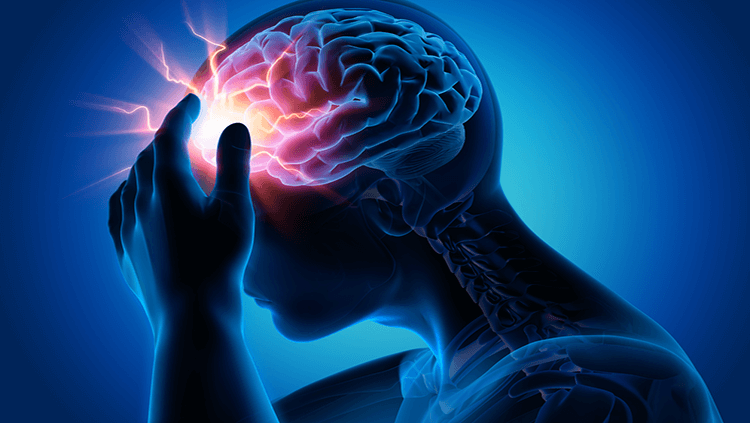Concussions, which are often referred to as mild traumatic brain injuries (mTBI), are much more serious than many people realize. While most individuals recover within a few weeks, for others, the effects can linger for months—or even become permanent. Understanding the long-term impacts of a concussion and how to cope with it is crucial for anyone who has experienced head trauma or cares for someone who has. Keep reading to learn everything you need to know.
What Are the Long-Term Effects of a Concussion?
For some, the symptoms of a concussion resolve quickly. However, others may suffer from post-concussion syndrome (PCS), where symptoms carry on beyond the typical recovery period. These symptoms can include chronic headaches, dizziness, memory problems, trouble concentrating, sensitivity to light and noise, sleep disturbances, and emotional instability such as irritability or depression.
Research also suggests that repeated concussions can raise the risk of developing neurodegenerative diseases later in life, including chronic traumatic encephalopathy (CTE), Alzheimer’s disease, and Parkinson’s disease. These conditions can severely impact a person’s quality of life, cognitive abilities, and emotional health over time.
Moreover, the emotional and psychological effects of a concussion are often underestimated. Anxiety, depression, and social withdrawal are common in those who experience long-term symptoms. These challenges can be isolating and can significantly impact work, school, and relationships.
Coping with Long-Term Effects
The first step in coping with the long-term effects of a concussion is to seek professional help. A multi-disciplinary approach involving neurologists, neuropsychologists, physical therapists, and mental health professionals often offers the best outcomes.
One emerging option that has shown promise is concussion treatment involving hyperbaric oxygen therapy (HBOT). This method promotes healing by increasing oxygen supply to damaged brain tissues, potentially reducing inflammation and improving cognitive function. Patients looking for alternative or supplemental therapies should consider discussing HBOT with their healthcare provider.
Lifestyle adjustments also play a key role in managing long-term symptoms. Prioritizing rest, establishing a consistent sleep routine, and engaging in light physical activity (as approved by a medical professional) can all support recovery. Cognitive therapy, including exercises that challenge memory and concentration, can help mitigate some of the mental fog associated with concussions.
Equally important is the management of emotional health. Therapy or counseling can provide strategies for dealing with mood swings, anxiety, and depression. Support groups, whether in person or online, can also offer a valuable sense of community and shared understanding.
It’s critical for anyone suffering from prolonged concussion symptoms to advocate for themselves. Persistent symptoms should never be dismissed, and ongoing medical attention is often necessary to achieve the best possible recovery.
Summing It All Up
While the long-term effects of a concussion can be daunting, understanding them and knowing how to cope can make a profound difference. Advances in medical treatments, combined with lifestyle modifications and emotional support, offer hope for those facing extended recoveries. If you or a loved one are experiencing prolonged symptoms after a head injury, proactive, comprehensive care is key to reclaiming your quality of life.
